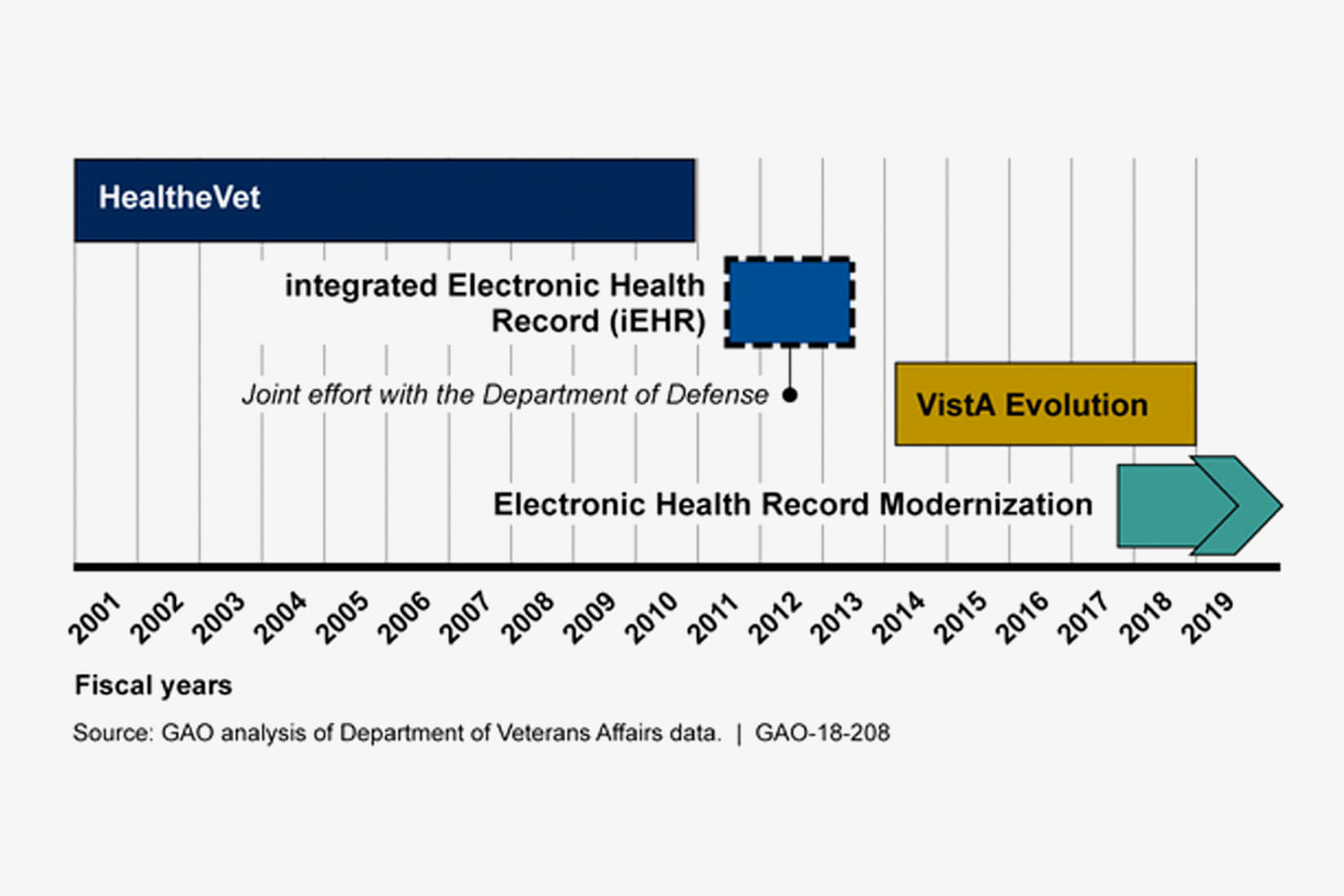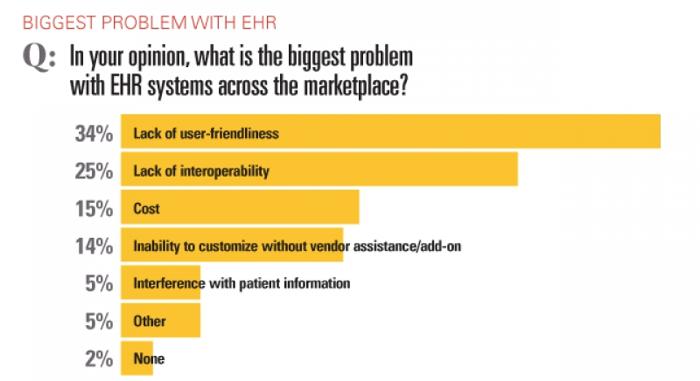Electronichealthrecords alleviate the problems of lost files and missed communications, which were more prevalent with paper-based methods of record-keeping. with the ability to view previous care plans, tests, and treatments, there is a lower chance of wasted time and resources repeating an unnecessary test or procedure. While the adoption of electronic health record (ehr) systems promises a number of substantial benefits, including better care and decreased healthcare costs, serious unintended consequences from the implementation of these systems have emerged. poor ehr system design and improper use can cause ehr-related errors that jeopardize the integrity of the information in the ehr, leading to errors that endanger patient safety or decrease the quality of care.
Hln Consulting Llc Innovators In Public Health Informatics
Ease the transition from paper to electronic health records. electronic health record (ehr) implementation ease the transition from paper to electronic health records. requires strictly following a work plan to keep implementation phases on track. issues are easier to resolve because they are isolated from other ehr modules or functions. To be sure, electronic records improve healthcare. but with any new system, there are potential issues you need to prepare for. let’s consider some possible drawbacks of ehrs and review the benefits. the challenges of using ehr software. there are problems associated with electronic health records.

By sue bowman, mj, rhia, ccs, fahima. abstract. while the adoption of electronic health record (ehr) systems promises a number of substantial benefits, including better care and decreased healthcare costs, serious unintended consequences from the implementation of these systems have emerged. By sue bowman, mj, rhia, ccs, fahima. abstract. while the adoption of electronic health record (ehr) systems promises a number of substantial benefits, including better care and decreased healthcare costs, serious unintended consequences from the implementation of these systems have emerged.
The electronic health records (ehr) or electronic medical records (emr) are seen to improve the quality of care and practice among healthcare professionals. a majority of physicians strongly believe that the emr will bring many benefits, which will outweigh the costs and should be implemented [ 18 19 ]. According to the hrsa, the common privacy concerns with ehrs are unauthorized access to records, tampering with records and the risk of losing information due to a natural disaster. factor these risks in when choosing security policies during ehr implementation. cost. ehr systems can be expensive.
Updated: 2nd april 2019. implementing an ehr system, whether it be from paper charting or another ehr system, comes with expected challenges for medical practices. here are three of the most common ehr implementation issues, along with strategies on how to avoid and overcome them. 1. staff resistance. There are many barriers unique to electronic health record (ehr) implementation in rural health care settings, including:prohibitive cost of many ehr systems/limited access to capital and infrastructure; access to ehr vendor information and technical assistance; suitability of ehr products for rural health care settings; difficulty connecting to or obtaining broadband service. Three of those common challenges with implementing electronic health records include: cost of an ehr system buy-in for an ehr system ehr system usability and training. Electronichealthrecords (ehrs), with their adoption incentivized as part of the american recovery and reinvestment act of 2009, are now a ubiquitous part of the health care landscape. although these systems promised to improve the quality of patient care, increase efficiency, and reduce costs, health care providers are finding that current ehrs instead require time-consuming data entry, can.
Electronic Health Record Wikipedia

This complete ambulatory ehr is 2015 edition electronic health records (ehr) implementation issues compliant and has been certified by an onc-acb in accordance with the applicable certification criteria adopted by the secretary of the u. s. department of health and human services. this certification does not represent an endorsement by the u. s. department of health and human services or guarantee. An electronic health record (ehr) is the systematized collection of patient and population electronically stored health information in a digital format. these records can be shared across different health care settings. records are shared through network-connected, enterprise-wide information systems or other information networks and exchanges.

"among the 83% of respondents who did not have electronic health records, 16%" had bought, but not implemented an ehr system yet. the 2009 national ambulatory medical care survey of 5200 physicians (70% response rate) by the national center for health statistics showed that 51. 7% of office-based electronic health records (ehr) implementation issues physicians did not use any emr/ehr system. With the passage of the health information technology for economic and clinical health (hitech) act in 2009 (u. s. department of health and human services, 2012), the united states, as of 2017, has achieved a 95% saturation with electronic health records (ehrs) as a means to document healthcare delivery in acute care hospitals and guide.
Many practices would agree that switching to a new electronic health record (ehr) system is no easy task. by working closely with the best ehr vendor based electronic health records (ehr) implementation issues on a medical practice’s needs, the transition can be smooth and the first step in helping prevent many of the common challenges that can arise when switching ehr vendors or transitioning. Ehr implementations will always present some type of challenges, the size and impact of these challenges are largely in the hands of practices who, through planning and their responses to problems, can either avoid or mitigate the negative effects of these challenges. however, if appropriate measures are not taken to address these challenges, usual implementation difficulties, such as drops in.
Electronic health record (ehr) implementation ease the transition from paper to electronic health records. michael hodgkins, md, mph ama vice president and chief medical information officer, professional satisfaction and practice sustainability, ama how will this module help me successfully implement an ehr? 1 strategies and tactics to simplify. A report from the ama, pew charitable trusts and medstar health, ways to improve electronic health record safety, identifies shortfalls with ehr usability, implementation and testing and outlines how to improve usability and safety across the continuum—from development to the post-implementation of ehrs. center and apache systemml incubator mentor "ibm watson health vbc is using apache systemml on apache spark to build risk models on a very large ehr data set to predict emergency department visits," said steve beier, vice president of value based care platform and analytics at ibm watson health "the models identify high-risk patients so that The implementation of electronic health record (ehr) is not a new thing in the industry. the digital wave has completely transformed electronic health records (ehr) implementation issues the way medical records were maintaining before and now. with increased demand for efficiency and faster solutions, more and more medical practices are embracing ehr to simplify and organize their data storage.
Aug 06, 2015 · electronic medical records (emrs), as a cornerstone of a more intelligent, adaptive, and efficient health care system, have the potential to improve the overall health of our society and begin to rein in the trillions of dollars spent on health care each year. however, implementation and utilization of electronic health records (ehr) implementation issues such record systems brings its own significant costs and challenges which must be carefully. Ethicalissues (beneficence, autonomy, fidelity, and justice) related to electronic health records (ehrs) confront health personnel, health leaders, and health policy makers. ehrs are seen as beneficent because of alleged increased access to health care, but research has not consistently demonstrated access for disadvantaged persons.

The implementation of electronic health record (ehr) is not a new thing in the industry. the digital wave has completely transformed the way medical records were maintaining before and now. with increased demand for efficiency and faster solutions, more and more medical practices are embracing ehr to simplify and organize their data storage process. In 2016, the government began an ehr implementation incentive program that offered kickbacks and benefits to providers that utilize these systems. the program’s success is undeniable; in a 2020 survey of national electronic health records, 89 percent of physicians reported using an ehr or emr system.
Electronichealthrecords (ehrs) provide benefits for patients, physicians, and clinical teams, but also raise ethical questions. navigating how to provide care in the digital age requires an assessment of the impact of the ehr on patient care and the patient-physician relationship. ehrs should faci. portal & messaging population health management tools other solutions ehr for community health practice management solutions for enterprises electronic dental records professional services implementation training professional services ongoing training greenway marketplace revenue The transition from paper medical charts to electronic health records (ehrs) has streamlined many of the ways that health care is delivered in the unites states and contributed to safety improvements in a number of areas.. clinicians now have their patients’ information at their fingertips, along with new data tolls that help guide their decision and should reduce medical errors. There are many barriers unique to electronic health record (ehr) implementation in rural health care settings. these challenges can be overcome. for information on how you can overcome challenges and mitigate ehr implementation disruptions in rural health.